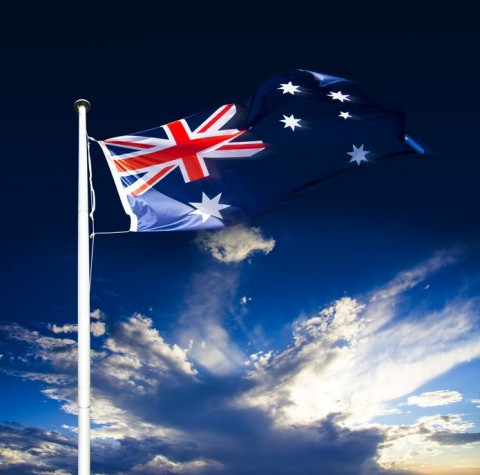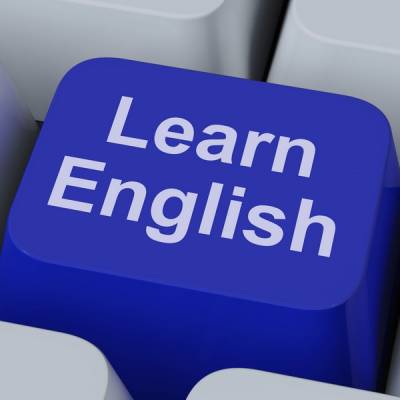The Chinese New Year is being celebrated across the globe with hundreds of millions of people gathering with their friends and family to welcome the Year of the Rooster.
According to the Chinese zodiac, people born in the Year of the Rooster are brave, responsible and punctual.
The Lunar New Year, which officially starts on 28 January 2016 is traditionally marked by riotous displays of fireworks and countless firecrackers. The celebration lasts for 15 days.
The Lantern Festival which is celebrated on the 15th day of the first month in the Chinese celendar also marks the final day of the traditional Chinese New Year celebrations.
Here at Work Visa Lawyers, we would like to wish all our Chinese clients,friends and colleagues a good health and fortune in the Year of the Rooster
May the Year of the Rooster brings you abundance of happiness and success.
恭祝大家新春愉快!祝大家在新的一年里身体健康,万事顺心,合家欢乐
Source:
http://www.abc.net.au/news/2017-01-28/lunar-new-year-rooster-celebrations-kick-off-around-asia/8219002
Do you need help with an Australian visa application?
At Work Visa Lawyers we are experienced in assisting applicants in all matters relating to Australian visa applications. Our areas of expertise include Skilled Migration visas, Business Skills Migration visas, Employer Sponsored Work Visas, Partner and other Family Migration visas as well as Migration Review Tribunal, Judicial Review and Ministerial Intervention.
If you require further information regarding your Australia visa options you can contact us through:
(08) 8351 9956 or +61 8 8351 9956














